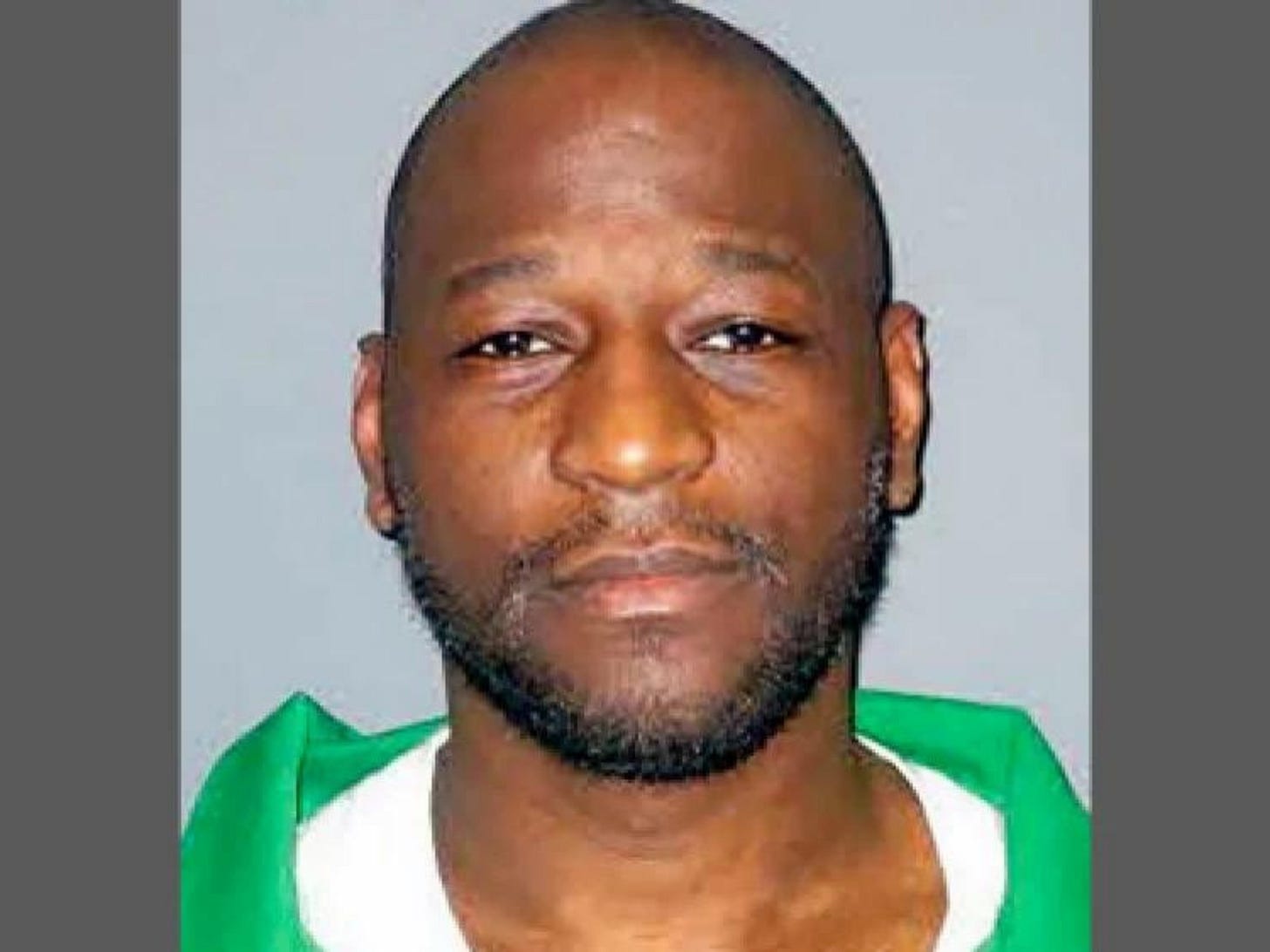Freddie Owens Executed By Lethal Injection, Sparks Outcry
South Carolina undertook the state’s first execution in several years last week when death row inmate Freddie Owens died by lethal injection.
Owens' death, the first death row execution in 13 years, renewed debate over whether or not the death penalty should continue to be allowed in South Carolina.
Owens was convicted in 1999 for the killing of Greenvi…




